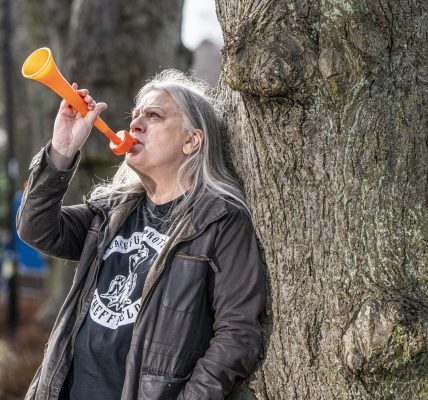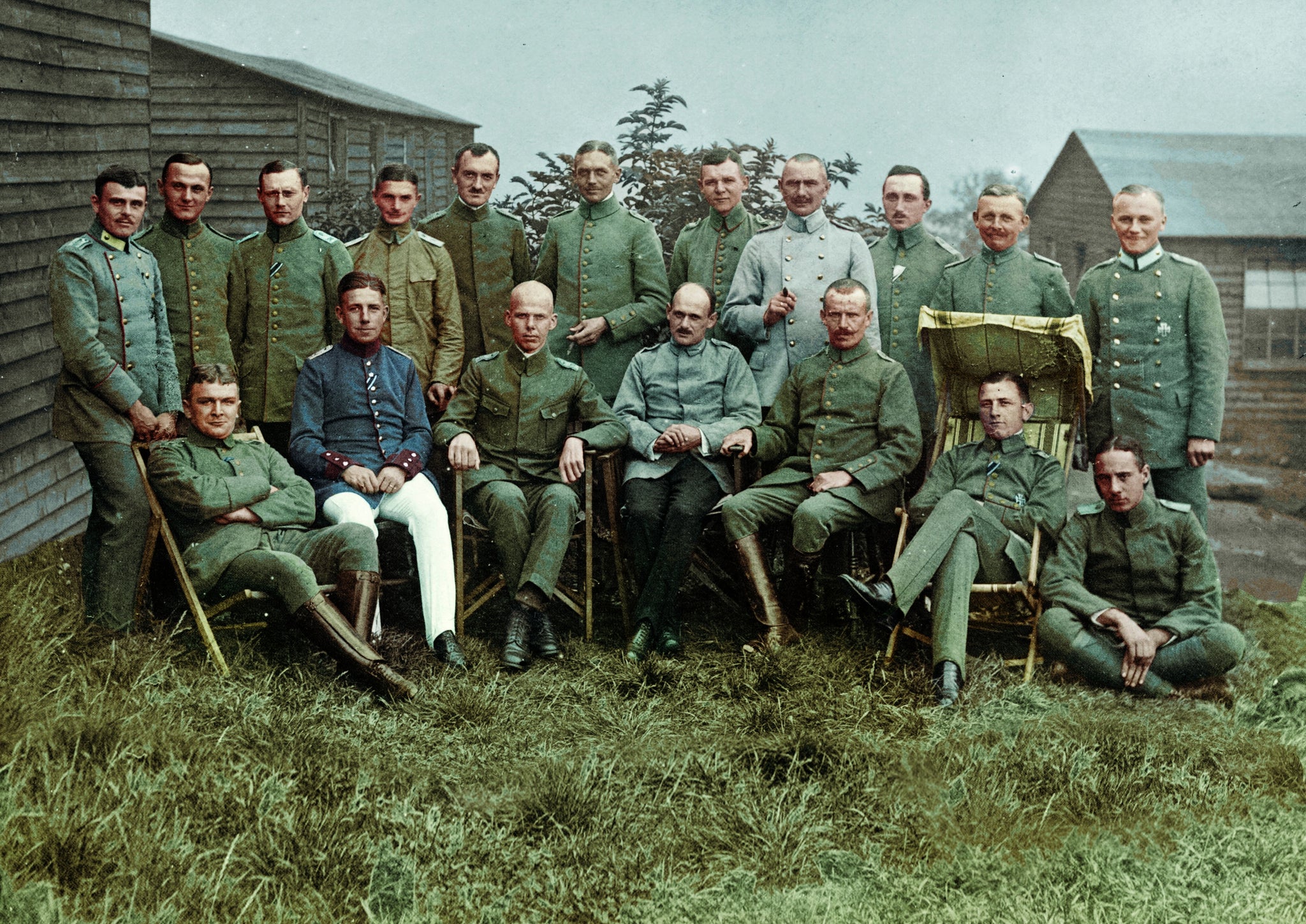These smart speakers are better radio receivers than most actual radios
The recent news that the BBC is to close is 18 more of its medium wave transmitters, including those of Radio York, prompts the question of how best to listen to the wireless these days. Do you need a conventional radio receiver at all, and if so, what type?
This is especially true given the new generation of cheap DAB+ digital sets that have started to make their way onto supermarket shelves.
DAB+ is an improved version of the original DAB standard, offering more reliable reception and potentially better sound quality. But it is used by only around two dozen UK stations, and none of the BBC networks. So the usefulness of these new sets in the UK is questionable.
This is not the case in Europe, much of which took the view that the original DAB system was not up to snuff, and waited until its successor was available before nailing its sail to the mast. That has left Britain to plough its own furrow with a system others consider obsolete.
But it may be academic anyway, because radio is no longer purely an airborne medium. The BBC stations and those of its commercial rivals are supplemented by thousands of services which are not so much broadcast as “narrowcast”, taken over the internet to niche audiences for whom geography knows no boundaries.
In addition, individual programmes can be lifted from linear services like Radio 4 and heard on demand and at your convenience. Only a few radios can do that, but computers and smartphones make it easy.
The BBC realises this, and has made its Sounds service – formerly iPlayer Radio – compatible with the latest generation of smart speakers like Amazon Echo, Google Nest and Apple HomePod. In many ways these are the best and most convenient radios you can buy, because they work across the analogue and digital spectrums. They are also small and self-contained, like the best radios, and you control them with your voice rather than with buttons.
You can, for instance, use Amazon’s Alexa voice assistant to play any live radio station or catch-up programme, simply by saying something like, “Alexa, ask the BBC to play Loose Ends”. You can also use these speakers as radio alarms, by telling them to wake you up at 8am each weekday with Radio 4.
Smart speakers are also compatible with podcast apps like TuneIn Radio, and it is here you will find programmes that go far beyond the BBC’s remit. It has become the fashion amongst comedians, actors and other performers to host their own podcasts – a platform which offers far more choice than a conventional broadcaster could accommodate. And of course you can use smart speakers to play your own music and perform a hundred other functions. If you have several around the house, the companion app will link them together and fill the house with sound.
The cost of a small smart speaker in most cases is less than a standalone DAB+ radio, though the more you pay the better it will sound. At the top end of the market is the Apple HomePod, the full-sized version of which – with no fewer than seven tweeters – costs £279. But the £99 Mini version is arguably better to pop on a kitchen shelf and await your instructions. The Google equivalents, the Nest Audio and Nest Mini are £90 and £49 respectively and Amazon’s Echo and Echo Dot are priced similarly.
By comparison, a Philips DAB+ radio, which will also receive regular DAB broadcasts and connect to your phone via Bluetooth, will set you back around £80. But to listen to non-broadcast content, you have to search it out on your phone and set it playing. And when Alexa can do it for you, what’s the point of that?










